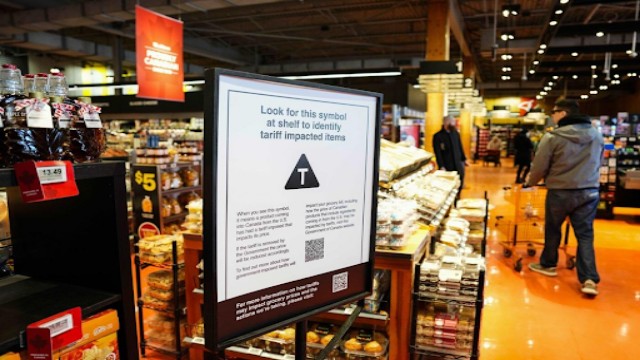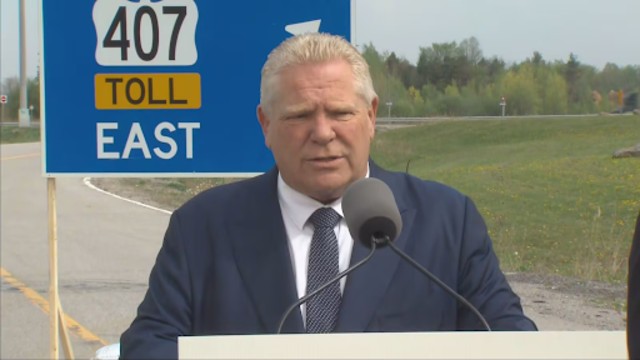
Canada Post workers and their supporters held a protest outside a mail sorting centre in Ottawa on November 18, 2024. The union is expected to be allowed to strike again starting Thursday. (Spencer Colby/The Canadian Press)
As Canada Post teeters on the edge of another possible strike, a newly released report has sparked heated debate by recommending an end to daily home mail delivery and a push for more flexible staffing on weekends.
The report, prepared by industrial inquiry commissioner William Kaplan, comes just days before a potential labour disruption. Its timing couldn’t be more critical — the current agreement between Canada Post and the Canadian Union of Postal Workers (CUPW) is set to expire May 22.
Kaplan’s report makes it clear: Canada Post is in financial distress. “It’s basically bankrupt,” he wrote, warning that if swift action isn’t taken, the corporation’s finances will keep getting worse. To stay afloat, he recommends phasing out daily door-to-door delivery to homes, while maintaining it for businesses.
This proposal isn't new. The last major postal strike in November also centered around preserving home delivery. Yet the report argues that tough decisions are necessary to keep Canada Post running.
One of the biggest sticking points is staffing. Kaplan suggests allowing part-time workers to cover weekend shifts — a proposal CUPW has fiercely opposed, fearing it would open the door to gig-style employment. To ease those concerns, the report insists that part-timers should earn the same pay and get the same benefits as full-time staff. These roles, Kaplan emphasizes, should be “good jobs” protected by union agreements.
Despite the controversial recommendations, Kaplan stresses that Canada Post is still worth saving. He calls it a vital national institution that must evolve to survive.
Canada Post president and CEO Doug Ettinger supports the report, saying it offers a candid look at their challenges. He pledged to work with employees, the union, and the federal government to create a plan for long-term stability.
The federal government is also watching closely. Labour officials, including Minister Patty Hajdu and Secretary of State for Labour John Zerucelli, met separately with union leaders and Canada Post executives to discuss the findings. Both sides were urged to treat the report as a springboard for renewed talks.
However, tensions remain high. Canada Post halted negotiations earlier this week, saying discussions had stalled. The union criticized the pause, accusing the postal service of playing games while workers and customers remain in limbo.
As the deadline looms, businesses across the country are scrambling. Small retailers and e-commerce shops are bracing for potential delays. In Cape Breton, yarn shop owner Tracy Stubbard says she’s already calculating the cost of using private couriers, which are more expensive than Canada Post. She recalls standing outside in freezing temperatures last year, waiting to ship packages during the previous strike.
For rural Canadians, the situation could be worse. With fewer courier options and limited access, they depend heavily on Canada Post. Even growing companies like Toronto-based delivery startup GoBolt admit they can’t fully replace the national carrier, especially in remote areas.
GoBolt’s operations chief, Jarrett Stewart, says they’re preparing for an increase in demand, but warns that major carriers like FedEx and UPS might limit freight during a strike. The firm is already advising customers to avoid PO box addresses, which most couriers can’t deliver to — a logistical issue that caused chaos during past stoppages.
The future of mail service in Canada remains uncertain. What’s clear is that businesses, consumers, and postal workers are all holding their breath as the clock ticks toward May 22.















